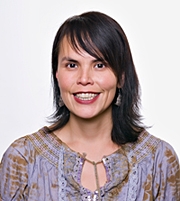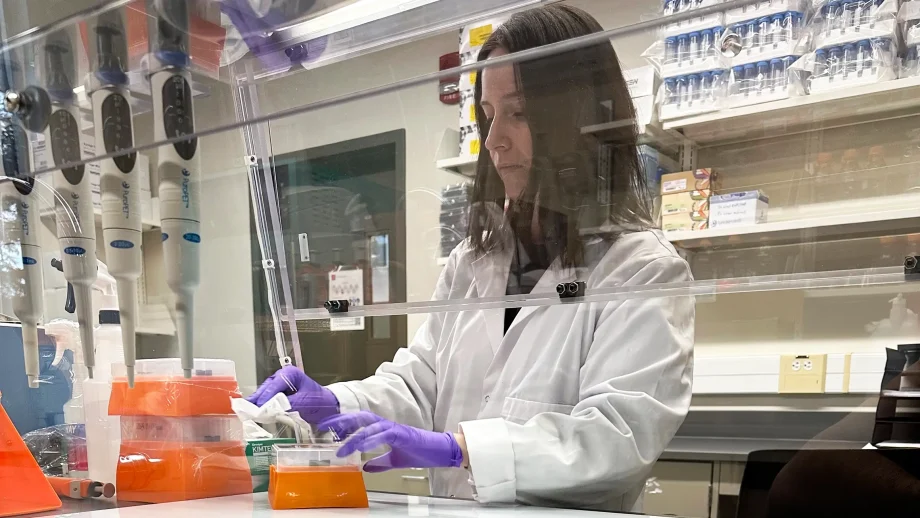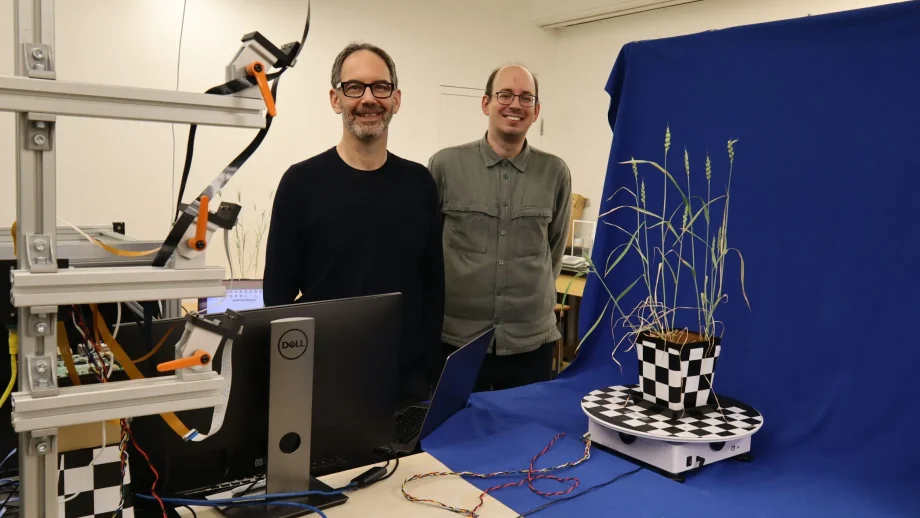WINNIPEG, MB – Indigenous health research is at the forefront at UWinnipeg thanks to funding from the Canadian Institutes of Health Research (CIHR) that was announced today. Dr. Mary Jane McCallum (History) and Lorena Fontaine (Indigenous Studies) have been granted generous support for their respective projects.
McCallum received a three-year CIHR Operating Grant worth $254,286 for her project Indigenous Histories of Tuberculosis (TB) in Manitoba 1930-1970. The goal of this project is to re-establish Manitoba’s Indigenous authority over their health through an examination of the history of TB from archival records, oral histories and through extensive knowledge translation.
Fontaine received a $100,000 one year grant under the CIHR Institute for Aboriginal Health ‘Aboriginal Ways of Knowing and Two-eyed Seeing’ Priority Area. Fontaine’s project Mite Achimowin (Heart Talk) First Nations Women in Winnipeg and Opaskwayak Cree Nations Expressions of Heart Health is a study of oral-history community-based Indigenized study utilizing digital story-telling.
“Both projects reflect strong community partnerships that strengthen the relevance of Indigenous health research while ensuring community voices are central,” said Dr. Jino Distasio, Associate Vice-President, Research and Innovation, UWinnipeg. “As well, Dr. McCallum’s work builds on her previous CIHR award, with this announcement further supporting her strong academic record in health studies. Dr. Fontaine brings storytelling and digital media together to share traditional knowledge with a health perspective in a dynamic manner that will add significantly to the literature.”
The University of Winnipeg gratefully acknowledges the additional funding we receive from the Government of Canada Research Support Fund in aid of our research infrastructure.
Every year, the federal government invests in research excellence in the areas of health sciences, engineering, natural sciences, social sciences and humanities through its three granting agencies. The Research Support Fund reinforces this research investment by helping institutions ensure that their federally funded research projects are conducted in world-class facilities with the best equipment and administrative support available. For more information please visit the Research Support Fund.





